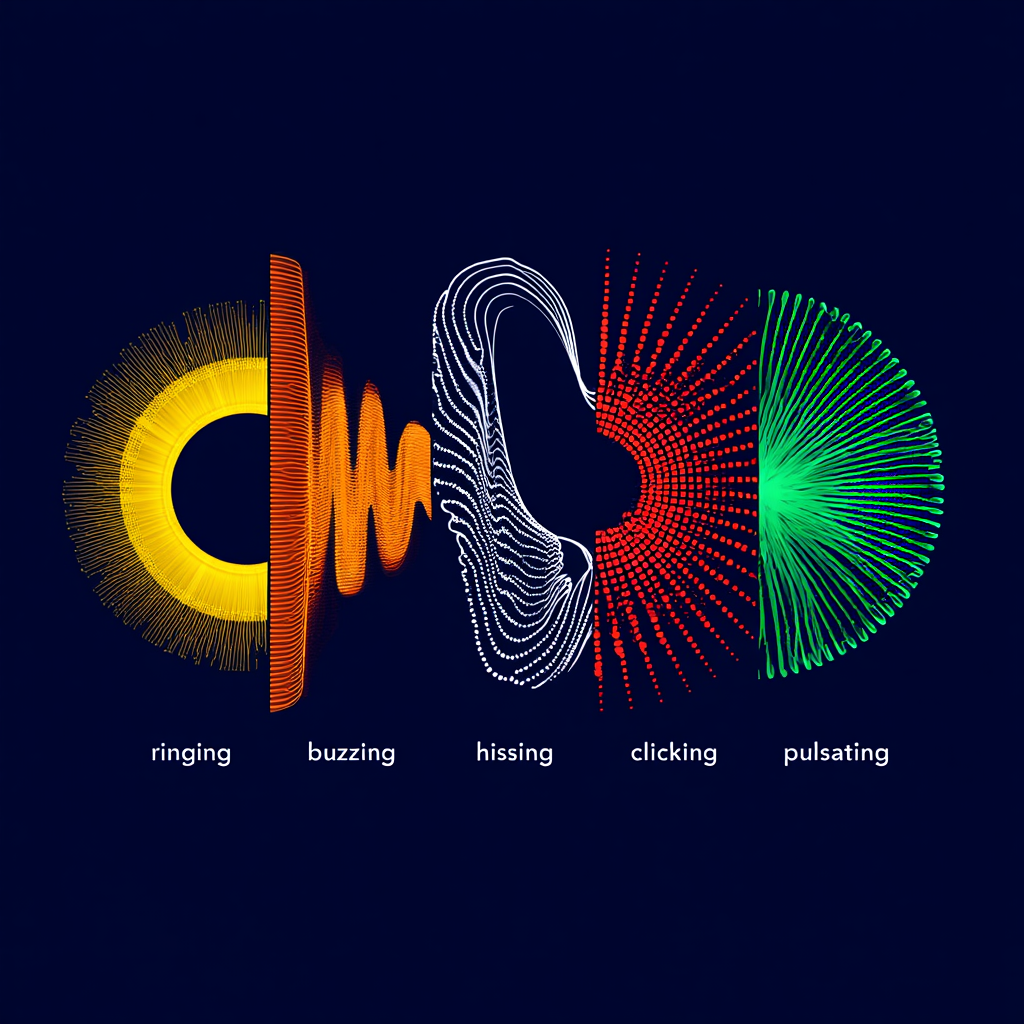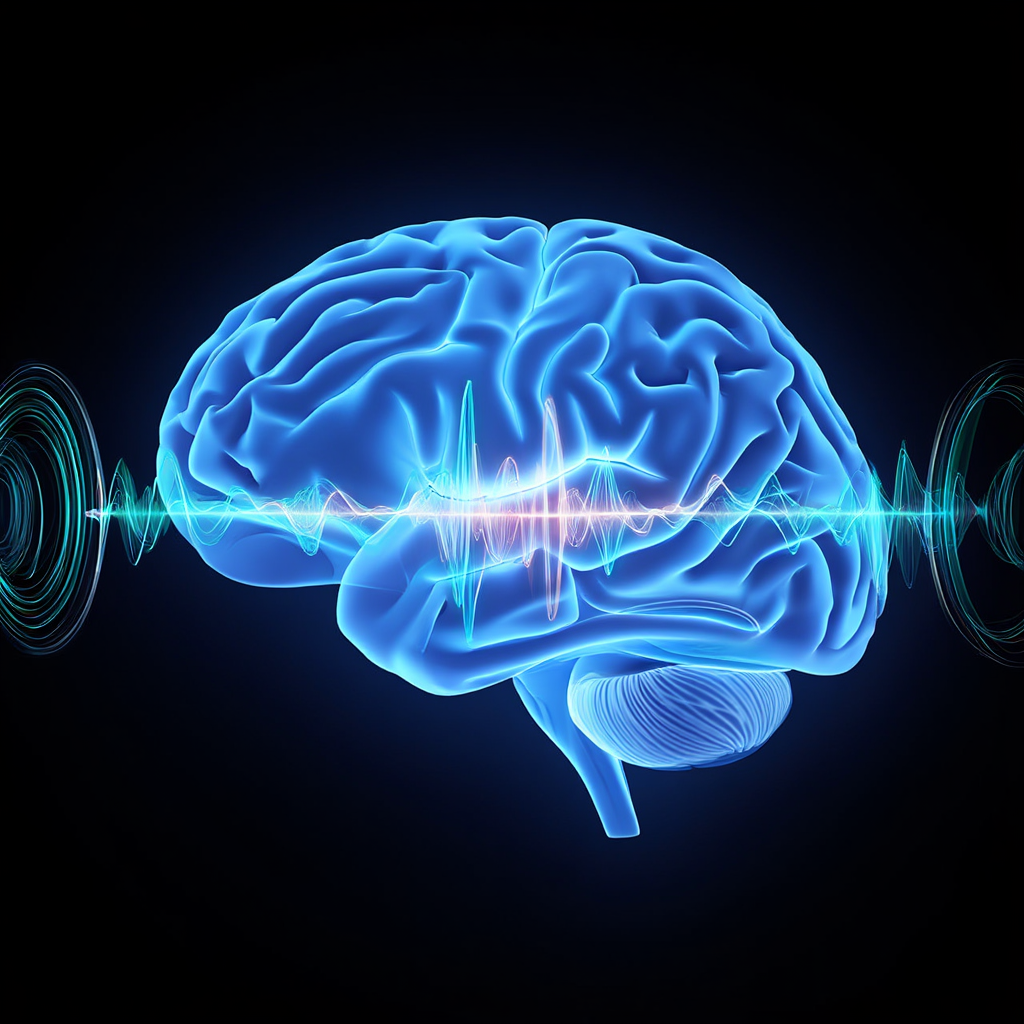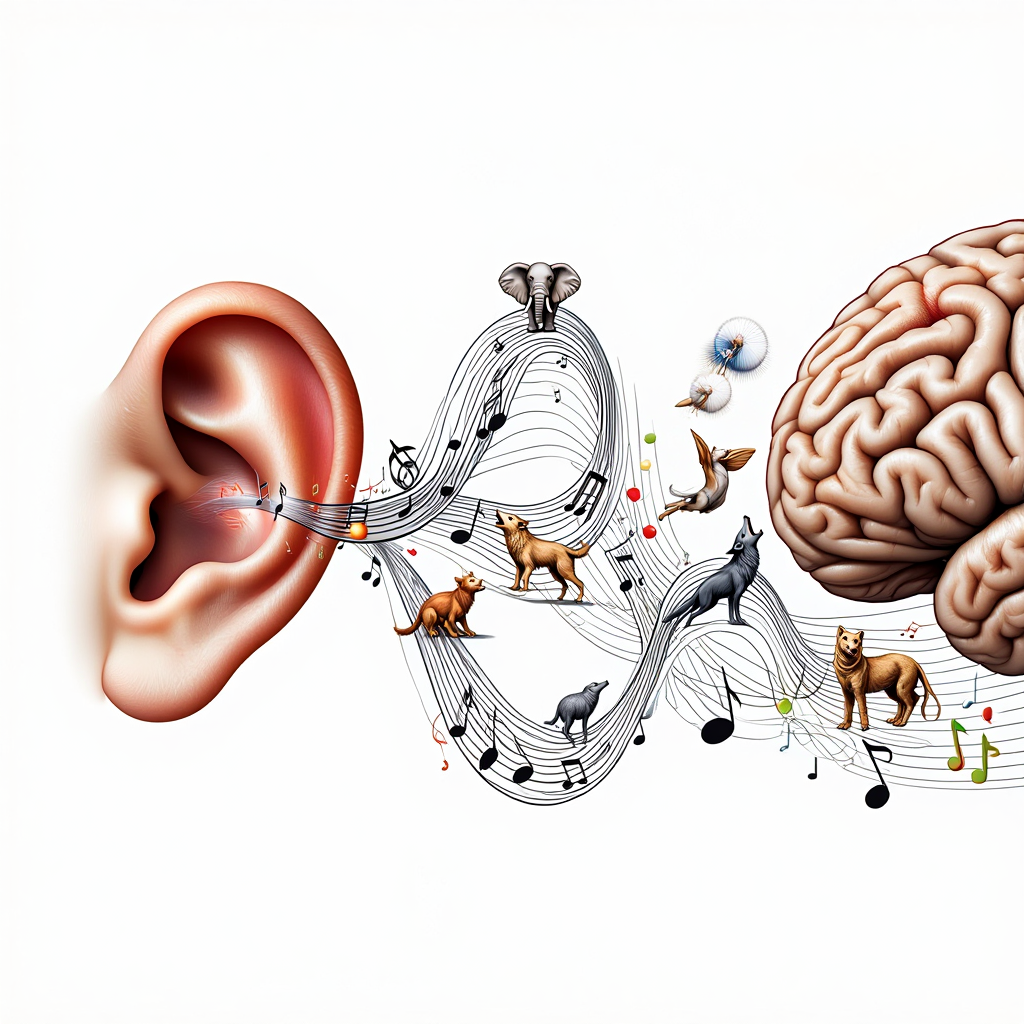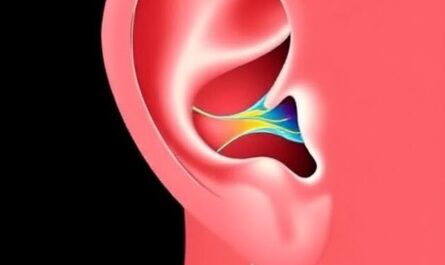Ear ringing, also known as tinnitus, is the perception of sound that has no external source. People often describe it as a ringing, buzzing, hissing, or humming that seems to come from inside the ears or head. It can appear suddenly and may vary in intensity. Sometimes it’s a soft background noise, other times it’s loud enough to interfere with concentration or sleep. This sensation isn’t imaginary. It’s rooted in how the inner ear and brain process sound. When that system gets disrupted due to damage, stress, or neurological changes, the brain may generate phantom sounds as a way to fill in missing information.
The connection between the ear and brain is what makes ear ringing so complex. It’s not just about damaged ear structures—it’s also about how your brain interprets faulty or absent signals. In fact, nearly 15% of adults experience some form of ringing in the ears during their lifetime (National Institute on Deafness and Other Communication Disorders, 2022). Understanding the causes of ear noise and how it ties into sound perception can help explain why this strange, often frustrating condition occurs.

What Is Tinnitus from a Physiological Perspective?
Tinnitus involves hearing sounds—like ringing, buzzing, or humming—without an outside trigger. It’s a symptom, not a standalone condition. The inner ear and brain drive this experience. Your ears capture sound waves, convert them into electrical signals, and send them to your brain. When this process falters, ear ringing emerges. It’s like a glitch in the system.
The inner ear contains tiny hair cells that vibrate with sound. These vibrations turn into signals your brain interprets as noise. Damage or overstimulation leads these cells to fire off random signals. Your brain reads them as ringing in the ears. Picture a speaker buzzing from a bad connection. This can stem from various issues, which we’ll dive into later.
How Ears and Brain Collaborate
Your ear and brain work as a team. The cochlea, a spiral structure in the inner ear, houses those sensitive hair cells. Loud noises or injuries can damage them. When they misfire, the brain receives confused signals. Instead of silence, it registers ear ringing. Sometimes, the brain amplifies these signals, making tinnitus feel intense.

Different Types of Sounds People Hear in Their Ears
Tinnitus doesn’t sound the same for everyone. People report a range of noises when their ears act up. It’s not limited to ringing in the ears. Sounds vary in pitch, volume, and type, depending on the root cause. Here’s a rundown of common sounds:
- Ringing. A sharp, bell-like tone.
- Buzzing. Like a bee or low hum.
- Hissing. Similar to steam or TV static.
- Clicking. Quick, repetitive ticks.
- Pulsing. Thumping in sync with your heartbeat.
Experiences differ. Some hear one sound, others a mix. It might be steady or come and go, in one ear or both. Noticing the sound’s pattern helps identify the cause of ear ringing.
Why Sound Type Matters
The noise you hear offers clues about its origin. Pulsing tinnitus often links to blood vessels near the ear. High-pitched ear ringing might indicate inner ear damage from loud music. Clicking could point to ear muscle spasms. Doctors use these details to diagnose problems. Tracking the sound’s characteristics can guide you toward solutions.
Temporary vs. Chronic Tinnitus
Ear ringing after a loud concert often fades fast. The inner ear recovers, and the noise stops. But for some, tinnitus persists, becoming chronic. Chronic cases can last months or years, often tied to hearing loss or stress. The sound’s type doesn’t always predict its duration, but it’s a useful hint.
How and Why Tinnitus Develops
What causes ear ringing? It’s not one thing. Tinnitus arises from multiple triggers, often combining. The inner ear is delicate, and various factors disrupt it. Here’s a table of common causes and their effects:
| Cause | How It Triggers Tinnitus |
| Loud Noise Exposure | Damages inner ear hair cells, causing faulty signals. |
| Hearing Loss | Brain compensates for missing sound with phantom noises. |
| Ear Infections | Inflammation affects sound perception. |
| Stress or Anxiety | Heightens brain’s response to ear and brain signals. |
| Medications | Some drugs irritate the inner ear, sparking ear ringing. |
| Blood Vessel Issues | Irregular blood flow creates pulsing tinnitus. |
Noise and Hearing Damage
Loud sounds—concerts, machinery, or loud earbuds—harm the inner ear. Hair cells don’t regenerate. When damaged, they send erratic signals, leading to ringing in the ears. Earplugs at loud events can protect your ears. It’s an easy way to prevent lasting damage.
Health Conditions and Medications
Ear infections or jaw problems can trigger tinnitus. Certain medications, like high-dose aspirin or antibiotics, irritate the inner ear. Blood pressure issues or thyroid conditions also play a role. If ear ringing starts after a new drug or health change, check with a doctor.
Stress and Lifestyle Factors
Stress doesn’t directly cause tinnitus but amplifies it. A stressed brain becomes more sensitive to ear and brain signals. Lack of sleep or too much caffeine can intensify ringing in the ears. Relaxation or exercise often helps quiet the noise. Small changes can have a big impact.

Why the Brain “Hears” Sounds That Don’t Exist
Tinnitus isn’t just about your ears. The ear and brain create the noise together. Sometimes, the brain invents sounds, like a phantom orchestra. It’s wired to process sound constantly. When real sound is absent, it might produce ear ringing to fill the void.
The auditory cortex, responsible for sound perception, can overreact. If the inner ear sends unclear signals, the brain misinterprets silence as noise. It’s like seeing patterns in a blank image. This explains why tinnitus feels loud in quiet environments.
Neuroplasticity’s Role
Your brain rewires itself through neuroplasticity. Hearing loss or inner ear damage prompts it to adapt. Sometimes, it overcorrects, turning random signals into ringing in the ears. This loop can worsen tinnitus over time. Retraining the brain can help break this cycle.
Common Triggers for Phantom Sounds
Here are reasons your brain might hear fake noises:
- Hearing loss from aging or loud sounds.
- Stress overloading ear and brain signals.
- Poor sleep disrupting sound perception.
- Medications altering brain activity.
- Head or neck injuries affecting the ear and brain connection.
These factors intensify tinnitus, making it harder to ignore. The brain’s attempt to fix missing signals keeps the noise going.
Retraining the Brain
You can train your brain to tune out ear ringing. Sound therapy uses background noise to mask tinnitus. Mindfulness helps you focus less on the sound. Over time, the brain learns to ignore the noise. It’s not a fix, but it reduces the annoyance of ringing in the ears.

Fun Facts About Hearing and Phantom Noises
Your ears and brain are remarkable, even when they cause tinnitus. Here are some neat facts about hearing and those strange noises.
The Ear’s Sensitivity
The inner ear picks up sounds as faint as a whisper across a room. Hair cells detect vibrations smaller than an atom’s width. This sensitivity makes them prone to damage, leading to ear ringing. Your ears are like high-tech microphones, catching every tiny sound.
Tinnitus in History
Ringing in the ears has been around forever. Ancient Egyptians described “bewitched ears” making noise. Beethoven likely had tinnitus, influencing his music. They didn’t grasp the ear and brain link back then, but they knew the struggle. Modern tools offer better ways to cope.
Animals and Tinnitus
Humans aren’t the only ones with tinnitus. Dogs can experience ear ringing from loud noises or infections. Vets notice stressed behavior or head-shaking in affected dogs. The causes of ear noise in animals are similar to humans. Your pet might hear phantom sounds, too.
Ear ringing, or tinnitus, is more than a pesky noise. It’s a complex interplay between your inner ear and brain, triggered by loud sounds, stress, or health issues. Whether it’s ringing, buzzing, or pulsing, tinnitus comes from misfired signals and an overactive brain. Understanding the causes of ear noise—like hearing loss or medications—sheds light on why it happens. Your ear and brain try to work together, but glitches create phantom sounds.
You don’t have to live with loud ringing in the ears. Ear protection, stress management, or sound therapy can help. Those fun facts highlight how sensitive your hearing is. If tinnitus bothers you, see a doctor to explore solutions. Your ears might be noisy, but you can find ways to quiet them down.



